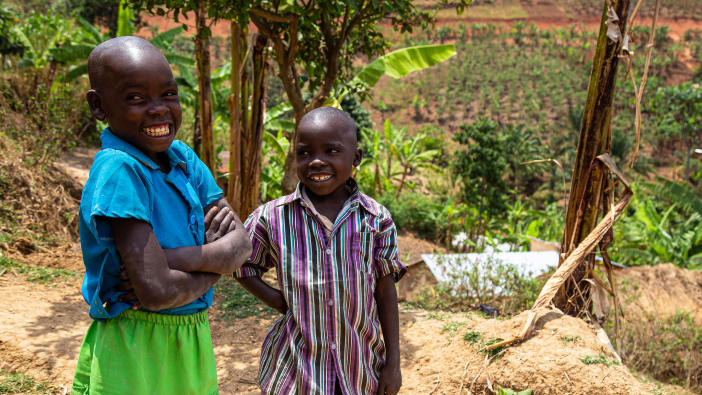Armed groups in the Central African Republic (CAR) are threatening more violence after a disputed Presidential election last month.
President Faustin-Archange Touadera received more than 50 per cent of the votes cast. But a coalition of armed groups, backed by former president Francois Bozize, is challenging the result.
Thousands of people have been killed and more than a million forced to flee their homes since Bozize was ousted in 2013. A peace agreement was signed in 2019, but many regions have remained in the hands of armed groups.
Amid violent scenes in parts of the country, presidential and legislative elections were held on 27 December. And tensions have continued into January with thousands more fleeing their homes, fearing attacks. However, government and UN peacekeeping forces have recently reclaimed the towns of Bouar and Boali from the armed groups.
The final election result will be confirmed on 19 January.
Dangerous work
Tearfund works alongside partner organisations in CAR, training people in literacy and business skills, and helping church leaders to lead on preventing sexual and gender-based violence within communities. Much of this work was made possible thanks to the generosity of Tearfund supporters and the UK government’s UK Aid Match scheme. We are also responding to the coronavirus pandemic, along with other humanitarian agencies.
But in a nation as unstable as CAR, there are severe challenges. The country is one of the most dangerous places in the world for humanitarian agencies such as Tearfund to work. According to the UN, there was a 39 per cent increase in incidents affecting humanitarian workers from 2019 to 2020.
‘I still hope that peace is achievable,’ says Christine Karumba, who leads our work in CAR. ‘For many vulnerable women and their families peace would mean being able to provide for their children, having access to their land, clean water, economic opportunities and basic services such as healthcare and education.
‘That’s why the church is at the heart of Tearfund’s work. It brings communities on a journey of reconciliation, tolerance, and lasting peace, promoting the development and stability of the country.’












